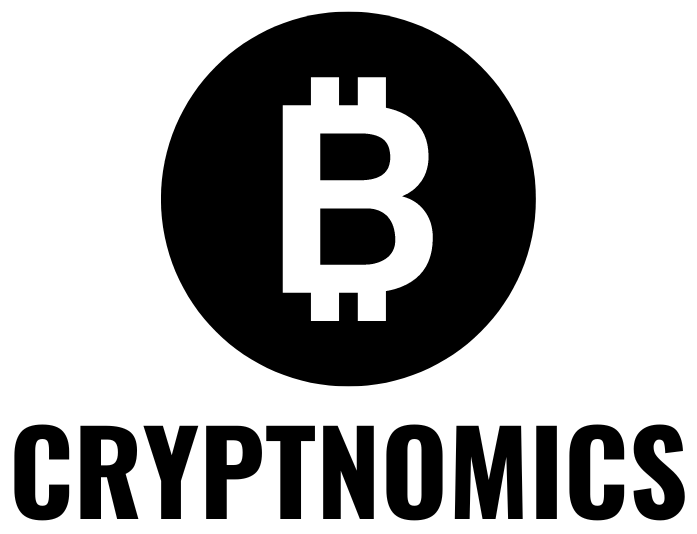Hudson Jameson, a core developer liaison who previously worked with the Ethereum Foundation, the non-profit organization behind the world’s largest smart contracting platform, has joined Polygon.
Jameson Joins Polygon
In a tweet on March 16, Jameson, also a committee member of the Zcash Open Major Grants (ZOMG), said he recently started with Polygon, an Ethereum sidechain, and layer-2, after taking a year-long break since February 2022.
This week is my first week working for @0xPolygon!
I committed to taking a year long mental health break from Feb. 2022 to Feb. 2023 and have completed that.
So what am I doing there and why do I think Polygon has a lot of potential despite its problems?
— Hudson Jameson (@hudsonjameson) March 16, 2023
Jameson’s last stint was with Flashbots, a research group working on reducing the effects of Maximal Extractable Value (MEV) on account-based blockchains, mainly Ethereum.
The former Ethereum core developer believes Polygon has potential. Despite battling with “health problems,” getting his medicine right, and working with therapists, Jameson says he’s in better shape to continue working full-time with Polygon.
Before joining, the core developer said he had been advising the project and held several meetings with the co-founder, Mihailo Bjelic, even before they launched.
Over the years since launching, Polygon, Hudson continues, has “grown tremendously and succeeded at many aspects of their goals.” Notably, Polygon didn’t deviate from its vision of being Ethereum compatible, acting as an interoperable platform with the Ethereum virtual machine. Polygon is a sidechain and layer-2 platform that permits high transaction processing and low fees. As a sidechain, dApps launching on its rail can connect with those in Ethereum.
At Polygon, Jameson will be working with the governance team. Still, he will also be open in other areas, especially in the organization. Here, he says he will assist the sidechain in achieving its vision. The developer is convinced the sidechain is aligned with Ethereum’s values and success.
Scaling Ethereum
Specifically, their goal of being a scaling option for the world’s most active smart contracting platform appears to be bearing fruits. Although he acknowledges no “silver bullet” to scaling, they are committed to enhancing the public network’s processing speeds.
Scaling is a priority for Ethereum. Vitalik Buterin, the Ethereum co-founder, has, on several instances, reiterated the need to find a lasting solution to this issue. During the Circle’s Converge22 conference in September 2022, Buterin told Jeremy Allaire, the CEO of Circle, the issuer of USDC, that post-merge, the goal would be to scale the network.
Before sharding on the proof-of-stake mainnet, Ethereum developers have rolled out several solutions, including layer-2 scaling options like Arbitrum and Optimism. These general-purpose platforms bundle transactions off-chain before confirming them on the mainnet, helping scale transaction processing and lowering fees.
DeFi Llama data shows decentralized finance (DeFi) protocols deployed in Polygon have a total value locked (TVL) of $1.06 billion. Aave, a decentralized money market; Curve, a stablecoin decentralized exchange; and QuickSwap, a decentralized exchange, are popular dApps on Polygon.


